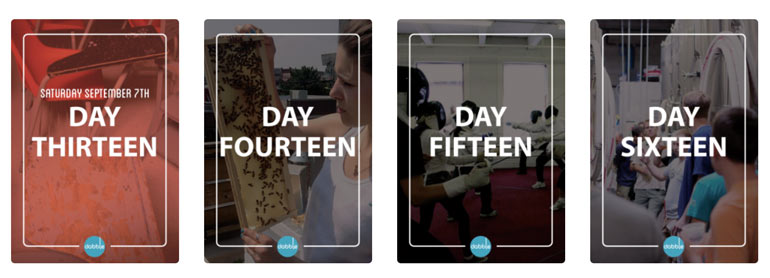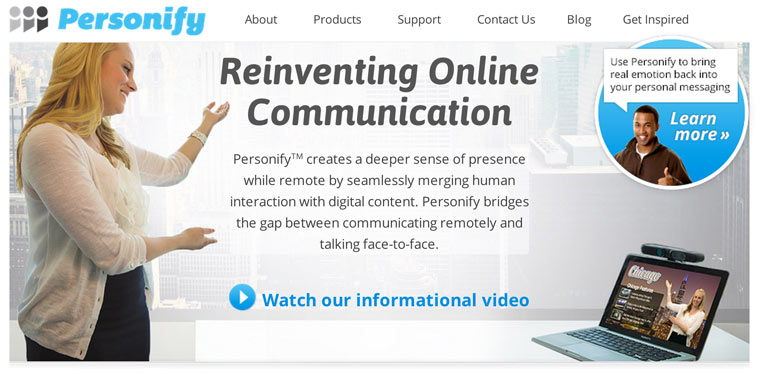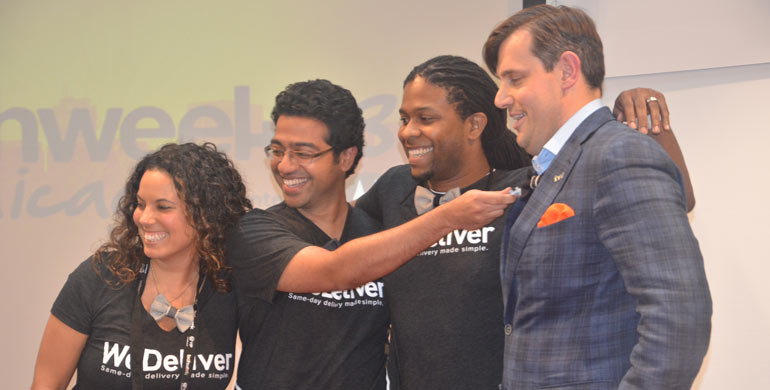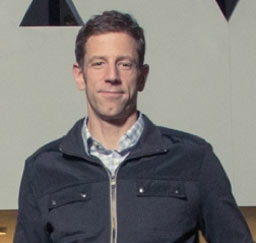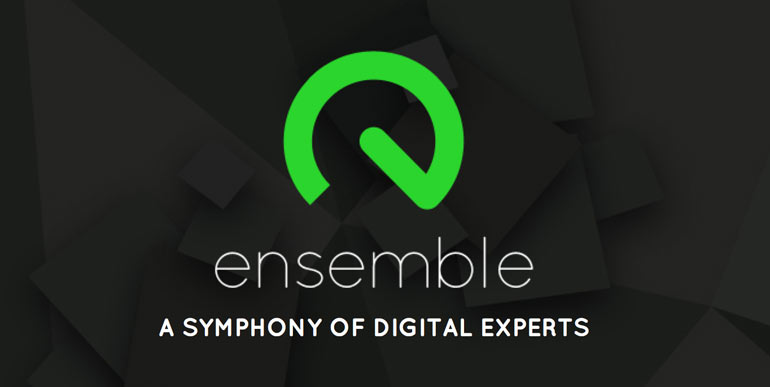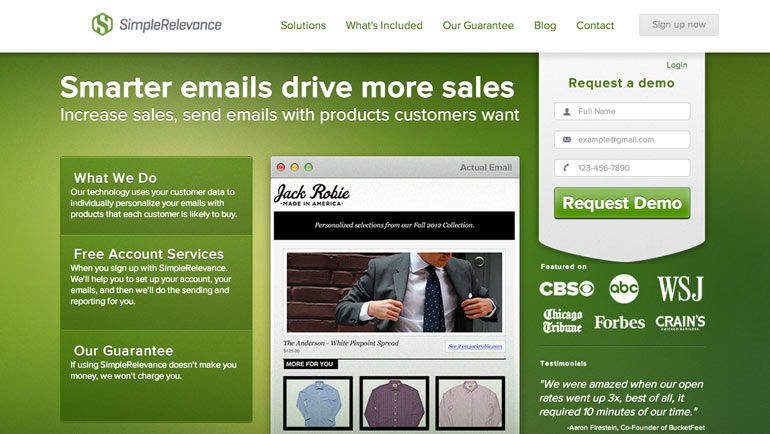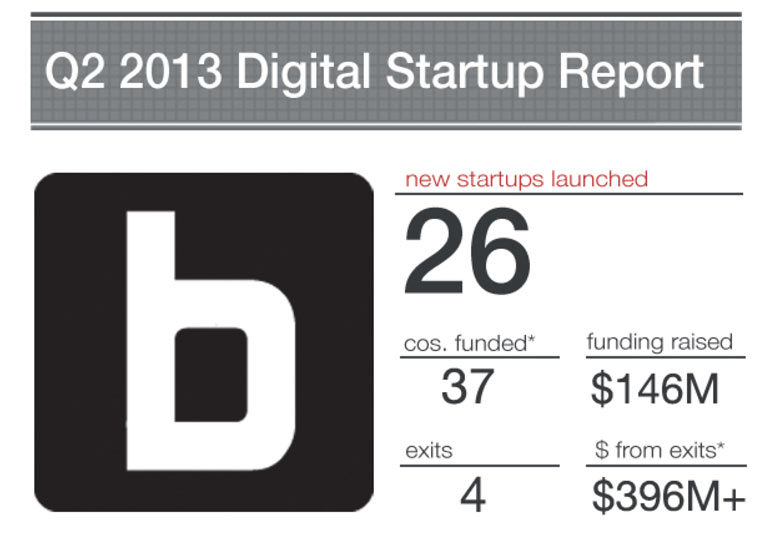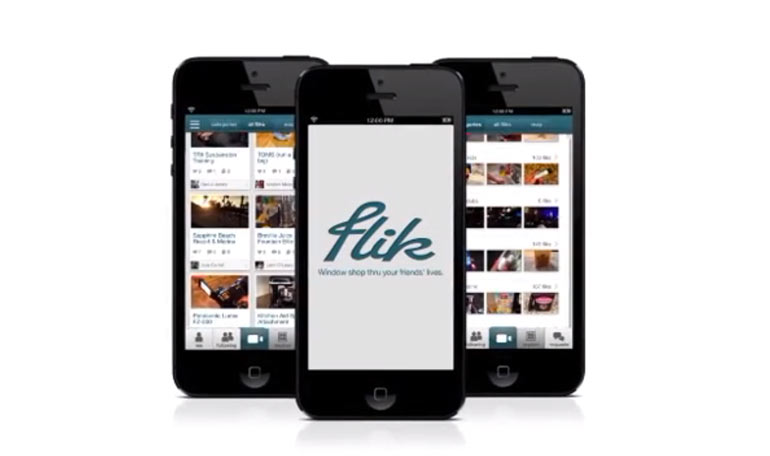 In the past decade, Chicago’s technology community experienced incredible growth. Much of the community’s success was driven by the strong history of big business in Chicago and the emergence of key stakeholders in the startup ecosystem.
In the past decade, Chicago’s technology community experienced incredible growth. Much of the community’s success was driven by the strong history of big business in Chicago and the emergence of key stakeholders in the startup ecosystem.
While the Chicago startup scene is still relatively young in comparison to some other U.S. cities, the community’s key stakeholders are in place to drive long-term success. Chicago start-ups have already built amazing technology and will continue to build on the city’s big business roots, ensuring long-term sustainability and growth for this ecosystem.
A strong historical foundation
Chicago’s place as a home to startups can be traced as far back as 1928, when Motorola was founded in the city. Motorola went public in 1943 and its legacy lasted through the early 2000s before being acquired by Google in 2012.
A vibrant business community has set the foundation for sustained growth. Companies like Sears, Montgomery Ward, and McDonalds—and the recent relocation of Boeing—highlight Chicago’s strong history as a home for large businesses.
Recent tech successes
The technology foundation set by Motorola and others provided an ecosystem ripe for innovation in the 21st century. Orbitz, the leading online travel company, was founded in Chicago in June 2001 and subsequently went public in 2003 before being acquired for $1.25 billion.
Careerbuilder and Groupon, two startups founded a decade apart from one another, also exemplify recent Chicago-based technology successes. Careerbuilder receives more than 24 million unique visitors per month and ranks as one of the largest online career sites in the United States. Groupon, on the other hand, has already closed over 20 acquisitions, has 2,000 Chicago-based employees, and went public in 2012. The paths of Careerbuilder and Groupon are emblematic of the rapid growth and success that Chicago-based companies can achieve, and the marketplace is listening.
Critical components of the ecosystem are in place to drive future growth.
The successes of Orbitz, Groupon, and Career Builder, to name a few, have sparked the explosive growth of startups in Chicago, but no start-up community can thrive without a certain set of valuable components.
Traditional elements of Chicago’s business-community—strong corporate and civic engagements and world-class universities—have anchored the technology infrastructure and community. For example, after purchasing Motorola Mobility, Google decided to relocate 3,000 employees from the suburbs to downtown Chicago. Also, newer education-focused groups like the Starter League and Chicago Tech Academy are creating a strong base of technology talent.
However, the clearest sign of a sustainable ecosystem and a platform for future growth has been the number of new Chicago-based investors, industry groups, and incubators.
Chicago couples a strong angel community with co-working spaces and incubators for early stage companies. For example, 1871 launched in Chicago in 2012 and TechStars created a formal, local presence in Chicago earlier this year. VC funds like New World Ventures, Lightbank, OCA Ventures, Sandbox Industries, and i2A provide a local, institutional base for capital and operational support.
The result of this rapidly expanding ecosystem has been an incredible amount of new Chicago-based startups and early success stories.
In 2002, only 11 digital startups were launched in Chicago. By 2012, that number was 197 and the startup community received over $391 million in funding. Companies like GoHealth, Braintree, Belly, SilkRoad, and many others are showing early promise of not only achieving success, but also creating meaningful, sustainable businesses.
Successful exits and the reinvestment of gains back into Chicago will fuel future growth.
As the Chicago technology community develops, the reinvestment of capital and talent into the local ecosystem will be critical to sustain long-term growth.
In 2012, Chicago saw more exits than any previous year. As this number continues to rise—and the value of these events grows—Chicago entrepreneurs, angels, and venture capitalists must invest those gains back into the community to successfully continue the evolution of Chicago’s startup community.
Chicago’s unique culture will shape the future.
With cheaper cost-of-living and office space than cities like New York and San Francisco, Chicago maintains a reputation as a livable city for technology companies and their employees. Chicago’s Midwest heritage, its big business history and its separation from the influences of Silicon Valley and New York set the tone for a unique founding and operating environment. This change in perspective can often be valuable for start-ups and others in the ecosystem.
The duality of a city with strong, historic business roots and a young, thriving technology ecosystem has made Chicago a fantastic place to live and start a business.
Chicago’s recent growth as a legitimate technology hub has created a palpable energy in the city. The technology scene is young and on the upswing: start-ups, incubators, educators, and investors all are able to play a meaningful role in its development.
As this ecosystem continues to gain traction, the sky is the limit for companies and entrepreneurs who call the Windy City home.
Gregory Grossman is a Partner at DLA Piper who works with venture capital firms and emerging growth companies, from the earliest stages of formation and seed capital through the entire company life cycle, including exit events. He holds a law degree from The George Washington University and an accounting degree from the University of Illinois at Urbana-Champaign.
Marina Dedes joined Lightbank in April 2011. Prior to Lightbank, Marina was a Senior Associate in the Valuation Group at Duff & Phelps. Marina holds a BS in Materials Science and Engineering with a concentration in Biomaterials from the University of Illinois at Urbana-Champaign
Greg and Marina are both among the founders of the Chicago Founder Circle, a new Peer-to-Peer networking group for founders and CEOs of emerging growth companies in Chicago. More information can be found at: http://www.chicagofounderscircle.com

 On Friday Chicago Mayor Rahm Emanuel’s office, in conjunction with Built In Chicago, announced that 19 startup and technology companies in Chicago’s Tech Sector raised a collective $265 million dollars in Q3 2013. This is an amazing testament to the success of Chicago’s startup and technology ecosystem.
On Friday Chicago Mayor Rahm Emanuel’s office, in conjunction with Built In Chicago, announced that 19 startup and technology companies in Chicago’s Tech Sector raised a collective $265 million dollars in Q3 2013. This is an amazing testament to the success of Chicago’s startup and technology ecosystem.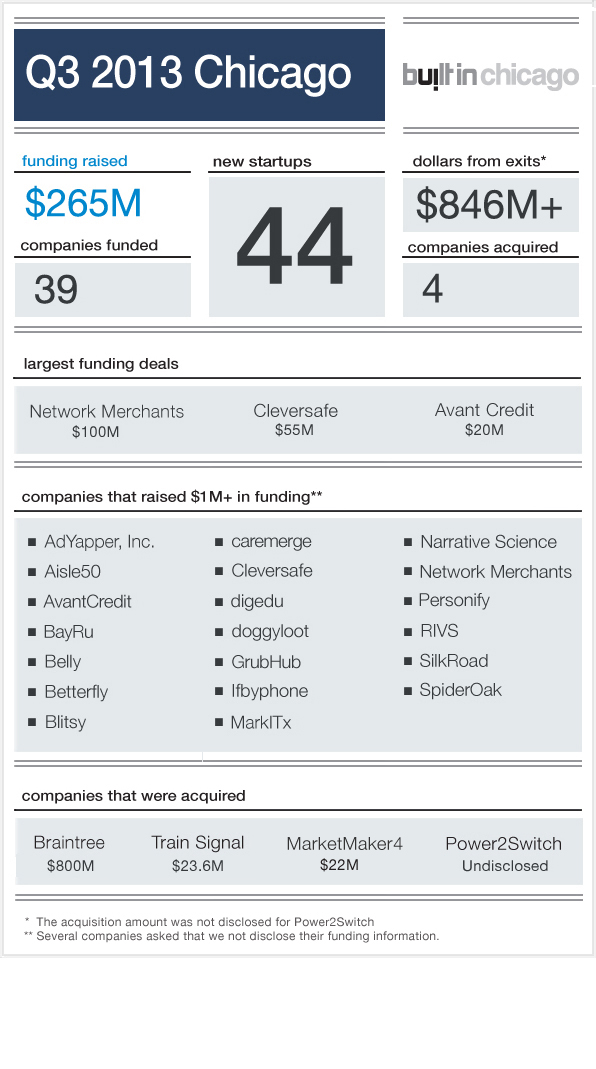 Matt Moog, founder and chairman of Built in Chicago added, “The growth of funding and new digital technology startups being created combined with the breakout growth of companies founded in the recent past is helping fuel a job creation boom in the digital sector. And there is more to come. We are seeing the benefits of a culture of innovation and risk taking.”
Matt Moog, founder and chairman of Built in Chicago added, “The growth of funding and new digital technology startups being created combined with the breakout growth of companies founded in the recent past is helping fuel a job creation boom in the digital sector. And there is more to come. We are seeing the benefits of a culture of innovation and risk taking.”


